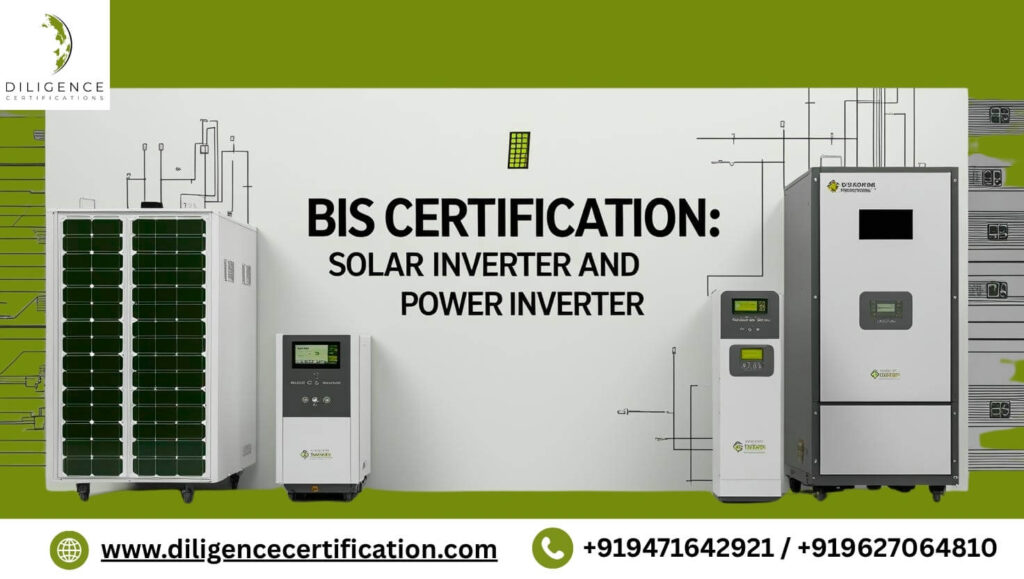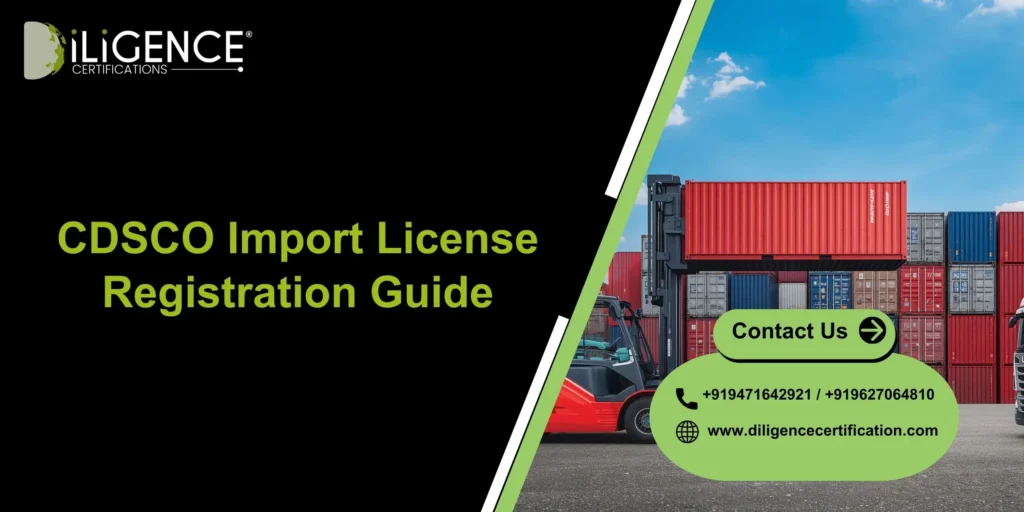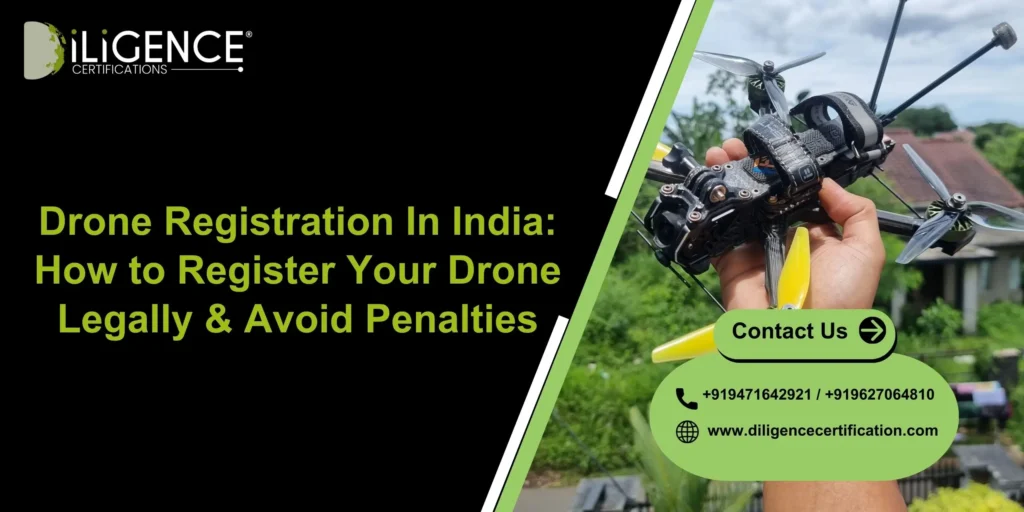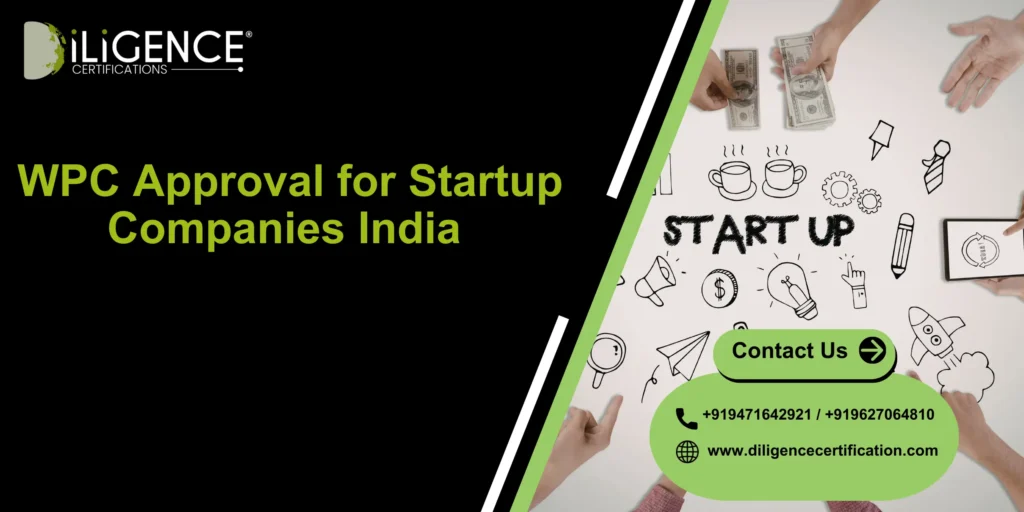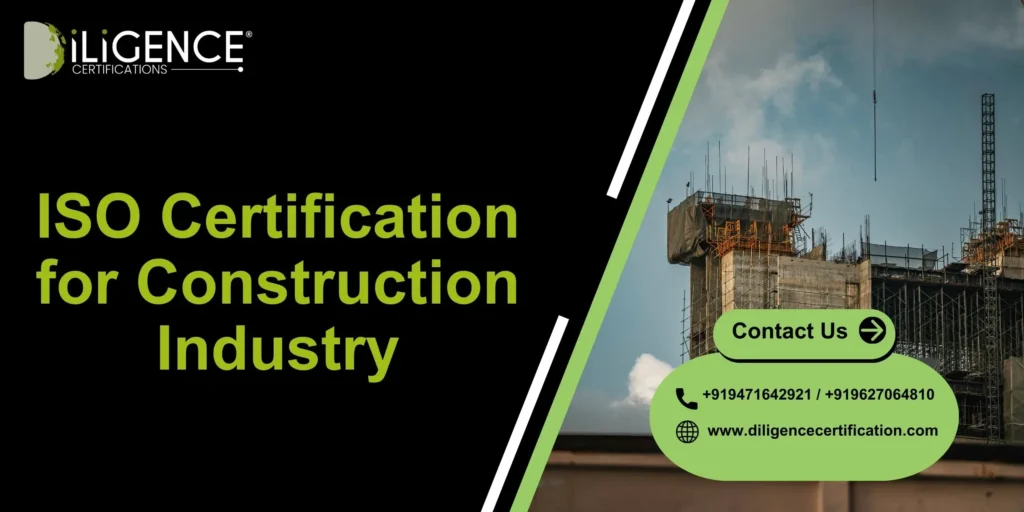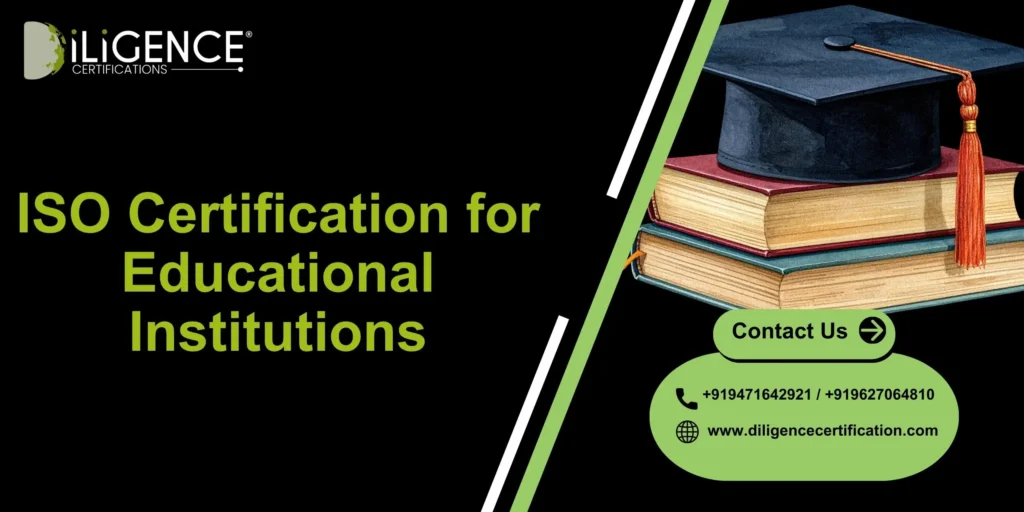- BIS Certification solar inverter and power inverters is mandatory in India under IS 16221 (Part 2):2015 to ensure product safety and quality.
- Manufacturers and importers must secure BIS approval before selling inverters.
- BIS Certification is legally mandatory for all solar/power inverters in India
- IS 16221 (Part 2):2015 is the relevant standard for inverters
- Inverters without BIS risk customs hold-ups and product recalls
- BIS ensures public safety and aligns with the National Solar Mission
- BIS license must be renewed regularly
- Global players also comply with BIS to access the Indian market
Introduction
A few months ago, a mid-scale solar EPC contractor in Pune faced an unexpected regulatory hold-up. Their imported solar inverters, ready for commissioning at a 500 kW rooftop site, were seized at customs. Why? The inverters lacked a valid BIS certification under IS 16221 (Part 2):2015.
Within days, the entire installation project went off track. Delays cost them penalties and a damaged client relationship.
It is not a one-off story. Across India, whether you’re a small residential installer or a global inverter brand, compliance with BIS Certification Solar Inverter requirements is a make-or-break factor.
Let’s decode it all — with expert-level clarity — so your business never faces that nightmare.
Last winter, a mid-sized inverter importer in Ahmedabad thought their European CE certificate would get them a free pass. When their 250 kW string inverter containers landed at Nhava Sheva port, customs halted the consignment — no BIS license.
Their entire supply chain paused for six weeks, straining cash flow and risking project penalties. The brand nearly lost its EPC partner.
This is why you cannot ignore BIS Certification Solar Inverter and BIS Certification for Power Inverter requirements if you operate in India. BIS is no tick-box exercise; it is the official stamp of safety and trust.
What Is BIS Certification for Solar and Power Inverters?

The Bureau of Indian Standards (BIS) is India’s National Standards Body, established under the BIS Act 2016. BIS Certification is mandatory for several electronics, including solar and power inverters, as it supports consumer safety and ensures product quality.
In regard to inverters, BIS has specified IS 16221 (Part 2):2015, a safety standard that deals with both standalone and grid-connected inverters. Certification ensures these devices will not create fire hazards, electrical faults, or instability in the system.
“No BIS, No Sale — that’s the iron rule for solar inverters in India.”
BIS for Power Inverter vs. Solar Inverter — Any Difference?
In practice, no separate BIS scheme exists for “power” vs “solar” inverters under IS 16221 (Part 2):2015 — both are treated the same, because they perform similar energy conversion functions.
The only variation is the grid code (as per state utility requirements) which may apply for solar grid-tied inverters. That’s in addition to BIS.
BIS Certification for Solar Inverter: Why Is It Mandatory?

- Prevent unsafe products from entering the market
- Protect consumers from electric shocks or fire
- Promote fair competition among manufacturers
- Align with India’s solar energy roadmap under the National Solar Mission
The Ministry of New and Renewable Energy (MNRE) and the Bureau of Indian Standards work together to ensure only BIS-certified inverters connect to India’s rapidly growing grid.
Which Standard Applies?
The IS 16221 (Part 2):2015 standard is tailor-made for inverters:
- Covers standalone inverters
- Addresses grid-connected inverters used in rooftop or utility-scale solar
- Specifies safety, electromagnetic compatibility (EMC), and construction requirements
Any inverter — whether you import from Germany or manufacture in Tamil Nadu — must pass laboratory tests aligned with this standard.
“Think of IS 16221 Part 2 as the passport to India’s inverter market.”
IS 16221 (Part 2):2015
IS 16221 (Part 2):2015 details safety requirements for:
- Standalone power inverters
- Grid-tied solar inverters
- Protection against short-circuits, insulation failures, fire hazards
- EMC (electromagnetic compatibility)
- Construction best practices
No inverter can be legally sold in India without meeting these standards, regardless of whether it is off-grid, hybrid, or grid-connected.
BIS Certification for Power Inverter
Power inverters are used in homes, telecom towers, commercial facilities, and critical backup systems. In India, the BIS certification for power inverter specifically guarantees:
- Protection from electrical faults
- Safe handling of high voltage battery banks
- Consistent output power quality
- Secure operation during overloads
Every year, incidents of fire caused by cheap power inverters surface in Indian newspapers. The BIS mark addresses precisely this risk.
“Think of BIS for power inverters as the helmet for your house.”
Even branded home UPS systems — 600VA, 2kVA, 5kVA — come under the BIS compliance regime if they connect to the AC supply. That includes systems from Su-Kam, Luminous, Microtek, and similar brands.
Without BIS, you cannot legally clear customs or even list the product on India’s major e-commerce marketplaces.
BIS CRS Certification for Power Inverters: Step-by-Step Process

1. Product Testing
- Get your Power Inverter tested at a BIS-recognized laboratory (under CRS).
- Testing must be done as per the applicable Indian Standard (e.g., IS 16242 Part 1 for inverters).
- The lab issues a Test Report.
2. Online Application Filing
- Apply through the BIS CRS portal
- Submit the test report along with other required documents (business license, manufacturing process details, authorization letter, etc.).
3. Document Verification by BIS
- BIS reviews the application and uploaded documents.
- No physical factory inspection is required under CRS.
4. Grant of Registration
- If all documents and test reports are in order, BIS issues a Registration Certificate under CRS.
5. Marking Requirements
- The product must now bear the Standard Mark with a unique Registration Number as per BIS guidelines.
(This is not the ISI mark, but the CRS mark with “R” number.)
In practice, most applicants appoint a consultant because documentation and lab coordination are detailed.
Global Certification Landscape for Solar and Power Inverters
Indian BIS is vital, but the global inverter market recognizes several other certifications:
- CE Marking (Europe)
- UL 1741 (United States)
- IEC 62109 (International Electrotechnical Commission)
These global standards share the same mission: protect end users and keep inverters harmonised with their respective electrical grids.
One recent client — a European solar brand expanding into India — needed both CE and BIS approvals. The Indian BIS certification was the gatekeeper to their distribution plans, despite CE compliance back home. That’s the real-world picture.
Benefits of BIS Certification for Solar Inverters
If you ask a brand manager, here’s why they gladly invest in BIS:
- Compliance with Indian Law
- Consumer trust, higher acceptance
- Reduced customs delays
- Better after-sales support due to standardisation
Requirements for BIS Certification of Solar and Power Inverters
If you plan to secure BIS certification under IS 16221 (Part 2):2015, be prepared with the following:
- Product Samples — Fully functional, properly labelled inverters for lab testing
- Technical File — Including circuit diagrams, PCBs, manuals, ratings
- Test Reports — Conducted in BIS-recognised labs only
- Factory Quality Plan — Procedures to maintain consistent quality
- Business Licence Documents — Like MSME registration, IEC code for importers
- Authorised Signatory Declaration — If you are using a consultant or agent
- Factory Location Details — For BIS to schedule inspections
In our experience, a missing technical file or wrong ISI label is the #1 cause of rejection. Double-check before submission to save weeks of delay.
BIS Certification for Power Inverter
- Submitting incomplete test reports
- Using non-BIS accredited labs
- Skipping pre-audit readiness
- Underestimating the 8–12 week timeline
A top-tier inverter supplier from Bengaluru nearly lost a large dealership agreement after ignoring BIS factory inspection preparation. Always treat the pre-inspection as a rehearsal, and train your quality team in advance.
Cost of BIS Certification for Inverters
Costing varies based on:
- Number of models
- Testing parameters
- Location of your factory
- Consultant fees
Renewal of BIS Certification
BIS certificates must be renewed periodically. Usually, the first certificate is valid for two years, with subsequent renewals needing retesting or documentation updates. If you miss renewal, customs can block consignments.
Conclusion
No brand can afford to gamble with BIS Certification Solar Inverter and BIS Certification for Power Inverter in today’s strict Indian regulatory framework. IS 16221 (Part 2):2015 is the golden rule — meet it, mark your product proudly, and build your reputation across India’s booming renewable sector.
For manufacturers and importers looking for a practical roadmap, working with a trusted BIS consultant can save enormous time, money, and peace of mind
Why Choose Diligence Certifications for BIS Solar and Power Inverter Approvals?
Diligence Certifications has worked with dozens of inverter brands, from Tier-1 solar players to local power inverter SMEs. Here is why Indian and overseas clients trust them:
- Expertise in IS 16221 — They have a dedicated vertical just for inverter testing and BIS approvals
- Zero Rejection Strategy — They pre-scrutinise every document and design label formats correctly
- Fast-Track Coordination — Ties with BIS-recognised labs and inspectors for priority slots
- All-India Factory Support — Even in remote regions, their engineers coordinate on-site BIS audits
- Transparent Fee Structure — No hidden costs, fully itemised proposals
- Post-Licence Assistance — Help with renewals, scope extension, or updates
A Pune-based EPC contractor said after working with Diligence:
“They handled the BIS license for our hybrid inverter portfolio end-to-end, avoiding port delays. It was a business-saver.”
Whether you are an Indian OEM or a European brand entering India, Diligence Certifications makes sure your product crosses the finish line without chaos.
Frequently Asked Questions
What is IS 16221 (Part 2):2015 for solar and power inverters?
This is the Indian Standard for safety of inverters connected to AC supply. The standard includes construction, protection, EMC and fire safety standards.
Is BIS certificate mandatory for solar hybrid inverters?
Yes, all solar inverters - hybrid, on grid or off grid - are required to comply with IS 16221 (Part 2):2015 under the BIS CRS scheme before they are sold in India.
How long does it take to get BIS certificate?
If you provide the correct samples and documents, BIS certification normally takes 8-12 weeks, including lab tests and a factory inspection.
What happens if I import inverters without BIS certificate?
Your goods will be held by Indian customs, you may face fines, and the products cannot legally be sold in India.
Do BIS certificates expire?
Yes, the BIS certificate is initially valid for two years thereafter, it is renewed based on the updated test reports and inspection audit.
Can I sell my inverter with only CE certification in India?
No, CE is acceptable in Europe but has no legal standing in India. BIS certification is mandatory under Indian law.
What if my inverter model changes after BIS certificate?
If changes are minor and fall within the same family, you can amend your scope. Major technical changes require a fresh application.
Is BIS certificate expensive for power inverters?
Standard fees for all aspects, including testing, factory visits, consultant fees vary between ₹1.5 lakh to ₹4 lakh depending complexity of product.
Can BIS certification be done remotely?
No. Although document filing is online, your product must be physically tested in a BIS-approved lab, and the factory must be inspected on-site.
Why choose a consultant like Diligence Certifications for BIS?
They help prevent documentation errors, coordinate lab testing faster, and guide you on labels to avoid rejection, saving huge delays at customs.






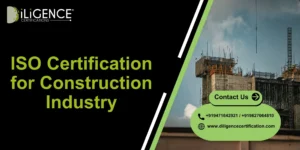
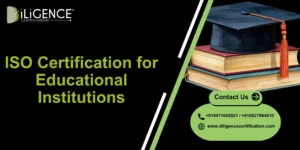
 BIS Certification
BIS Certification
 CDSCO
CDSCO
 CPCB
CPCB
 LMPC
LMPC
 WPC Approval
WPC Approval
 Global Approvals
Global Approvals
 TEC
TEC
 ARAI
ARAI
 BEE
BEE
 ISO Certification
ISO Certification
 DGCA Certification
DGCA Certification
 NOC For Steel
NOC For Steel



















 Business Registration
Business Registration















 Legal Services
Legal Services
 Trademark Registration
Trademark Registration
 Copyright Registration
Copyright Registration
 Patent Registration
Patent Registration
